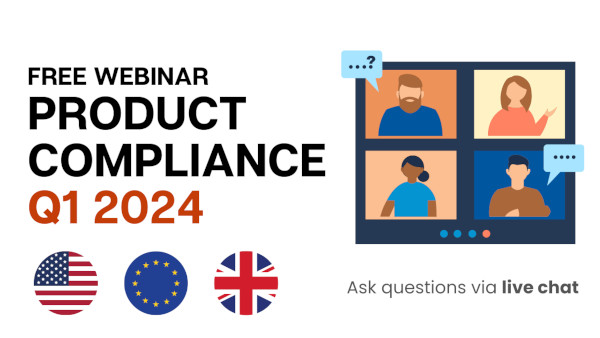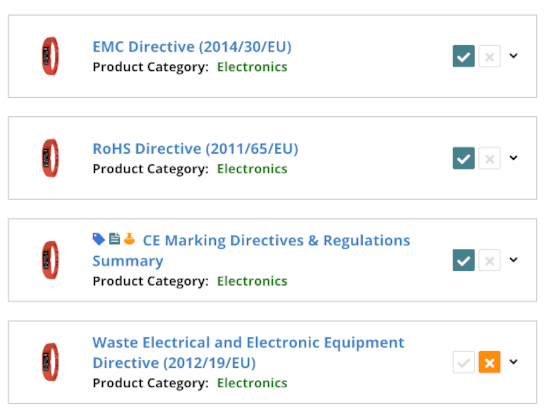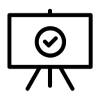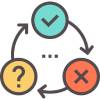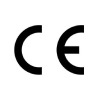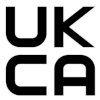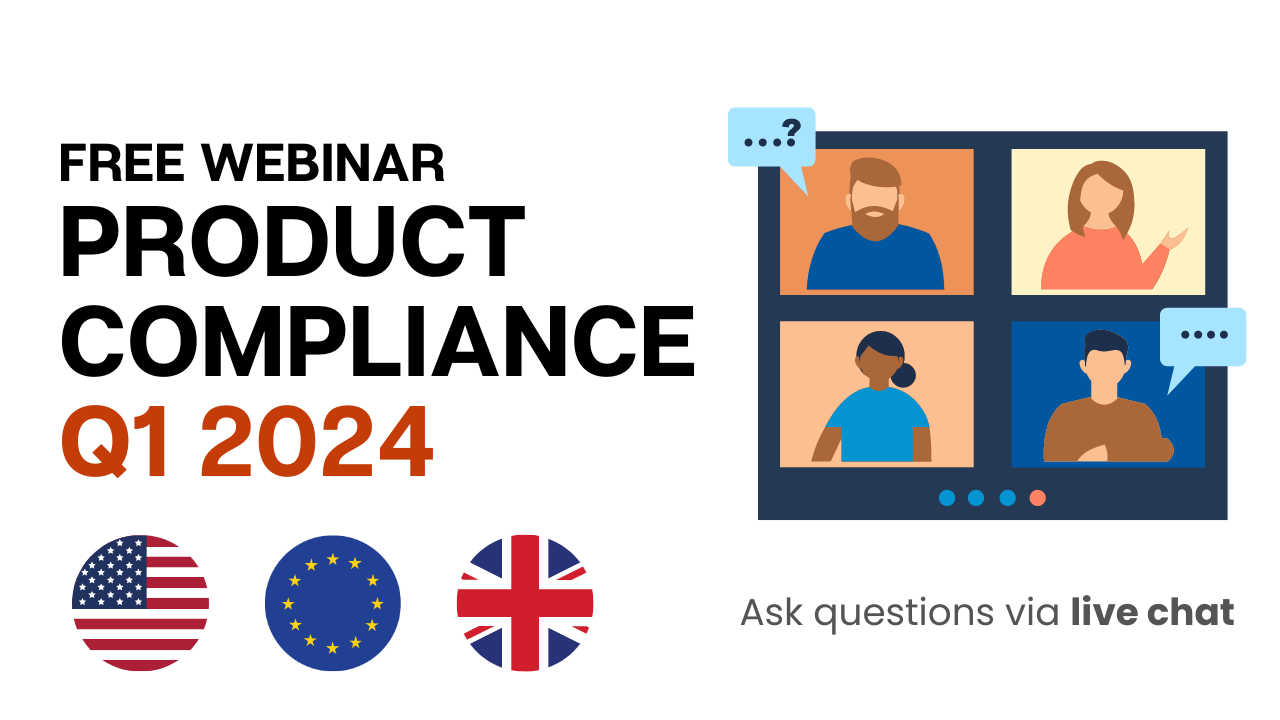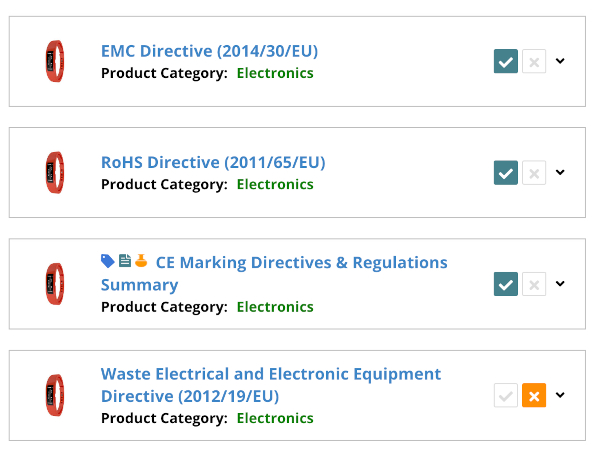
In 2021 we started receiving reports from Etsy sellers having their products removed from the marketplace. We have recently studied Etsy’s seller and product compliance policies, and their reasoning for removing certain items.
In this article, we share our findings to help Etsy sellers better understand their product safety obligations – and why it can be challenging to make the numbers work when it comes to lab testing and certifying handicrafts, and limited production runs.
Content Overview

FREE CONSULTATION CALL (US, EU & UK)
- Request a free 30-minute call with Ivan Malloci to learn how we can help you with:
- Find product requirements
- Certification and labeling
- Lab testing
Seller Responsibilities
Etsy requires that sellers ensure compliance with all applicable product compliance requirements. At the time of writing, their seller policy only states the following:
d. Seller Standards By listing a product for sale on Etsy you understand and agree that you are responsible for complying with all applicable laws and regulations for the products you list for sale, including any required labels and warnings. Etsy assumes no responsibility for the accuracy, labeling, or content of your listings.
Source: Seller Policy
In short, Etsy sellers must ensure compliance with mandatory safety standards, labeling, certification, and lab testing requirements. Further, certain chemicals and heavy metals are also banned – such as lead, cadmium, and phthalates.
Some compliance requirements apply broadly to all products sold in the country or market, while others only apply to certain product categories or age groups.
United States Examples
- Consumer Product Safety Improvement Act (CPSIA)
- Country of Origin
- Textiles Labeling
- Flammable Fabrics Act (FFA)
- California Proposition 65
European Union Examples
- REACH
- Toy Safety Directive
- General Product Safety Directive (GPSD)
- Food Contact Materials Framework Regulation
Etsy does not provide any guidance when it comes to ensuring compliance. Hence, this responsibility falls on the seller. They make this clear on their Children’s Clothing and Products page with this statement:
Clothing and products made for children have many specific safety standards and legal requirements that vary around the world. Etsy cannot advise on how to comply with the law. It is up to you to ensure that you comply with all local laws and regulations for the markets you serve.
Source: Children’s Clothing and Products
It’s therefore important to not only consider the safety standards, labeling, certification, and testing requirements in your country – but also that of the consumer. As such, US sellers may need to ensure compliance with EU requirements and vice versa.
Prohibited Products
Some product types are outright prohibited on Etsy. The list of prohibited items includes rather obvious products, such as drugs, weapons, and hazardous materials. That said, we have received reports from sellers having their products removed for selling, for example, children’s jewelry. This is the case even if the product may be compliant.
Etsy’s policy does clarify that they prohibit ‘Items that Present Unreasonable Risk of Harm’:
Items that present an unreasonable risk of harm are prohibited, even if they have not been the subject of a recall. This would include, for example, items that present a choking hazard. We generally rely on information from various government agencies to identify these items.
That being said, they don’t provide a list of products that may be considered as “items that present an unreasonable risk of harm” which can make it difficult for sellers to determine if their products fall into this category.
Product Removals
We have received reports that Etsy has removed products that they deem fall into the ‘Items that Present Unreasonable Risk of Harm’ category. So far, we have only received reports concerning children’s jewelry, on the ground that these present a choking hazard.
That being said, other types of toys and children’s products can also be a potential choking hazard.
Example: Consumer Product Safety Improvement Act (CPSIA)
Third-party lab testing is generally mandatory for all producers of toys and other children’s products sold in the United States. Some sellers may be able to register as small-batch manufacturers – but even in this case, it’s mandatory to arrange lab testing, create labels and issue a Children’s Product Certificate (CPC).
Further, CPSIA prohibits small parts for products intended for certain age groups. Small parts can include beads, buttons, and plastic parts.
Lab testing is mandatory for each product and material, including paints and color variations. Spending 700 dollars to test a series of 5 units worth less than a tenth of that is obviously not feasible. This is not only the case for children’s products that fall under CPSIA but all products that may require lab testing and certification.
Still, these requirements exist for a reason and an unsafe toy or baby carrier (or products for adults for that matter) is unsafe regardless of whether it is mass-produced in a factory or crafted in your home.


